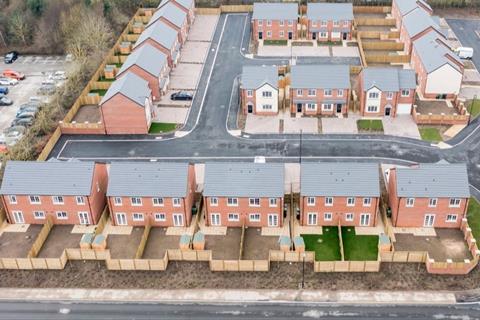In a recent commentary, Folorunso Fatai Adisa draws attention to what he describes as a worrying transformation in Nigeria’s real estate industry from a credible sector rooted in integrity to a hub of deception and exploitation. His reflection underscores the urgent need to restore professionalism and enforce regulations in a space increasingly overrun by unlicensed marketers and illusion-peddlers.
Adisa laments the shift from the era when trusted developers and firms let their projects speak for themselves, to a time when flashy promotions and social media theatrics have replaced substance. Back then, purchasing property was a thoughtful process grounded in transparency, not a digital spectacle built on empty promises.
His concerns resonate with many Nigerians today, as real estate becomes more about perception than actual value. “We’ve moved from building homes to selling fantasies,” he suggests. This shift, he argues, is not just dangerous it is deeply exploitative.
Adisa paints a picture familiar to many in cities like Lagos, Abeokuta, and Ibadan: overzealous marketers, often without proper training or credentials, aggressively pitching real estate deals that lack basic infrastructure. According to him, these sellers package undeveloped land as prime property, wrapping them in glossy brochures, drone footage, and exaggerated claims of proximity to nonexistent airports or luxury amenities.
In his view, this spectacle is not merely bad business it’s a systemic problem. Many so-called developers operate on shaky legal grounds, offering “pay small-small” schemes that prey on people’s dreams of owning land. For many buyers, the dream ends in disappointment when allocation fails, documentation stalls, and company contacts suddenly vanish.

Adding to the chaos, Adisa highlights the alarming emergence of pseudo-developers running operations that resemble Ponzi schemes. Promising unrealistic returns and luring investors with glitzy events and celebrity endorsements, these entities prioritize noise over actual delivery.
His reflections raise a critical question: what, exactly, are these firms selling? Often, it’s plots located in remote, undeveloped areas, priced at par with prime urban land. In Adisa’s words, they are selling “possibility,” not property and often, that possibility is a lie.
But he doesn’t stop at criticism. Adisa calls for decisive institutional action. He advocates stricter licensing, monitoring, and sanctions for real estate operators. Regulatory bodies like REDAN and LASRERA, he insists, must rise beyond rhetoric and enforce accountability. Fraud in housing, he notes, is not just theft it is an assault on dignity.
As his piece powerfully concludes, shelter is not a luxury it is a human right. In today’s Nigeria, buying land has become less a transaction and more a test of discernment. He urges buyers to remain vigilant: verify every claim, scrutinize every offer, and look beyond the surface of seductive sales pitches.
Folorunso Fatai Adisa’s essay serves not only as a critique but also as a warning and one the public can no longer afford to ignore.



